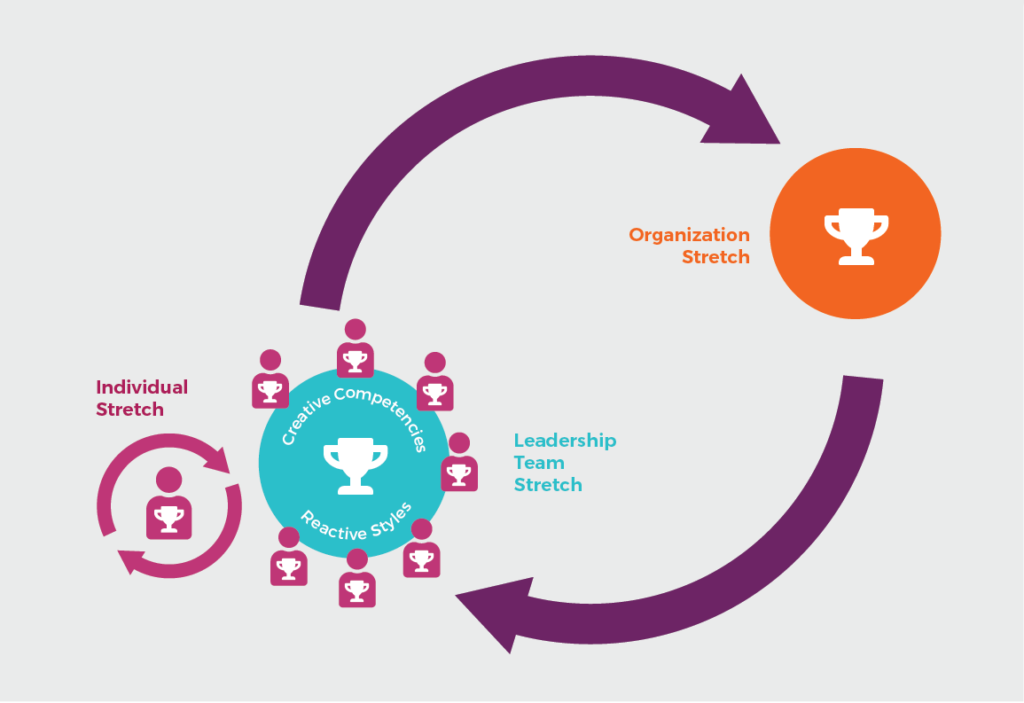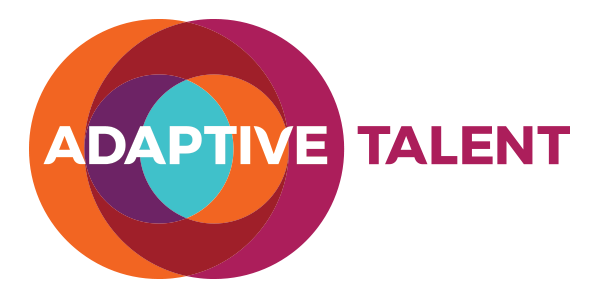McKinsey just published an interesting blog post about why leadership development programs fail. I think it’s an important read for any leader, especially one trying to figure out how to run the business and grow her/his people simultaneously.
The metaphor of spinning plates resonates with many leaders, as it can feel like doing everything dilutes the quality and attention overall. The same principles apply to developing your people through leadership development programs.
According to McKinsey, “companies can avoid the most common mistakes in leadership development and increase the odds of success by:
- Matching specific leadership skills and traits to the context at hand: Instead of focusing on 18 leadership competencies, start with key business strategies and transitions (growth in existing clients, for example) and identify the multidisciplinary efforts and individual leadership skills necessary to achieve it. This will feel very real to participants and especially satisfying as progress is made. As things shift in the business, you can emphasize other key organizational capabilities and aligned leadership skills (which does not preclude you from still having a robust model of overall leadership competencies).
- Embedding leadership development in real work: I encourage people to follow the 70% on the job learning / 20% mentoring and 10% classroom / reading ratio. This is where coaching can really be powerful, because it can be configured to the individuals’s learning and emotional needs as they achieve these business goals.
- Fearlessly investigating the mind-sets that underpin behaviour: this needs to be addressed both at the organizational and individual leader level, and setting the context here is essential. Where are we going as a company, where are we now, and how do our capabilities and leadership culture map to those goals? People love to contribute to something meaningful and bigger than themselves, so the outcome of any change strategy needs to be more satisfying than the effort required to drop old habits and perspectives., and collectively people need to examine processes and symbols of the “old way” so that change is reinforced across the organization.
- Monitoring the impact so as to make improvements over time: This can be as simple as repeating the 360-degree feedback assessment, or mapping revenue, quality, profit, or other key metrics before and after training investment.

This is one reason Adaptive Talent designed its Adaptive Leadership Program to make the business the “classroom” by asking participants to address the developmental goals, or stretches, at the organizational, functional / leadership team, and individual layers. Capacity is nested meaning the capacity of an individual can have a positive or negative multiplier on the higher layers like a leadership team or function. Trying to change an organization, or to scale it, without aligned investments in individuals, functions, and organizational systems, processes, technology, is not going to get you very far. Plus, our brains and any kind of system resists change so it’s key to address all layers at the same time and to have some strong motivation and “heat” to the need to change.
When an organization adopts a deliberately developmental approach to its people, functions, and itself the energy that goes into protecting the status quo and self-protective behaviours can shift to genuine growth and enhanced relationships. It requires the leaders to walk their talk and in exchange you’ll see greater clarity, accountability, ownership, experimentation, and adaptability. It is also shifts leadership across a broader group of people versus forcing the C-Suite to make every decision, something that’s exhausting and not well suited for today’s “all hands on deck” pace and wild changes.
—
Adaptive Talent is a talent consultancy designed to help organizations achieve amazing results and ongoing adaptability. Founded in 2008 and based in Vancouver, Canada we offer retained search, assessments, total rewards consulting, training, leadership coaching and development programs, and culture & organizational development consulting.

